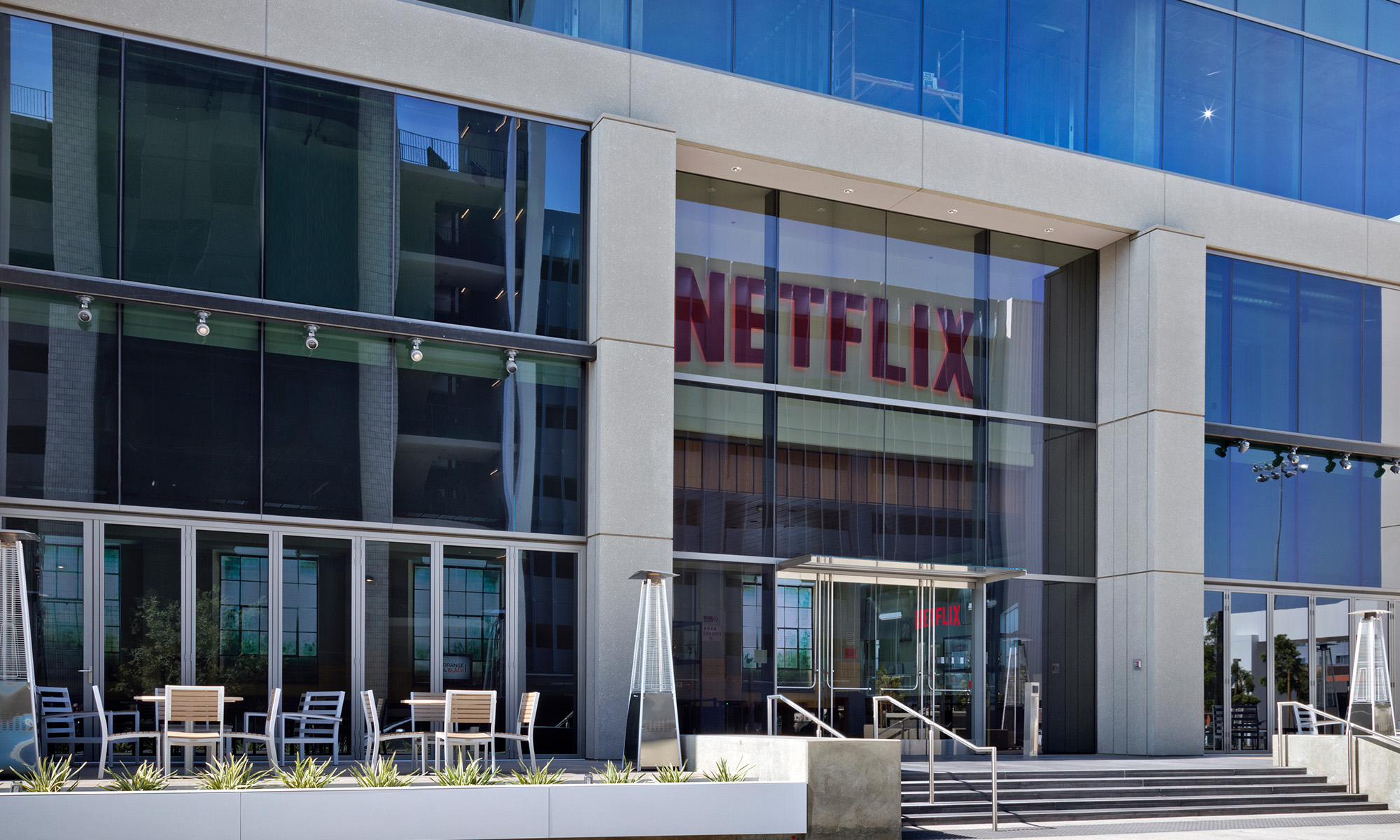MoviePass gives movie fans a way to keep coming to the cineplex despite rising ticket prices. The service, now 92% owned by small-cap data analytics company Helios and Matheson Analytics (HMNY +0.00%), applies a subscription model to an industry that really wants to sell you one ticket at a time, at high markups.
Movie industry veterans may remember Blockbuster running a similar too-good-to-be-true deal a decade ago. The Blockbuster Total Access subscription service was more than the video rental chain could handle, and the attempt to compete head to head with Netflix (NFLX +0.93%) drove Blockbuster out of business in the end.
Have the MoviePass people learned anything from the Blockbuster Total Access disaster, or is Helios and Matheson headed toward the same dark ending?

Image source: Getty Images.
A quick history lesson
Total Access was Blockbuster's best attempt to beat back the game-changing Netflix service in 2007. We're talking about the old-school flow of red DVD mailers here, years before Netflix mostly turned into an online streaming service.
The idea was simple: Run a subscription service with the backing of fully stocked Blockbuster stores. The company arguably had Netflix beat in convenience if you had a store close by since subscribers didn't have to wait for the mailman. The in-store component of Total Access was a big upgrade over Blockbuster's first DVD-rental service from 2004 onward, which was a cookie-cutter copy of the Netflix model based on a handful of shipping warehouses. Adding 1,400 video stores to the supply chain should have worked wonders for the business model.
Except, it didn't.
Value-hungry Total Access customers quickly turned out to be a menace to the regular store clientele. Store shelves were often swept bare where popular new releases should have been plentiful. Some franchisees refused to take part in the program at all, further undermining the convenience of the whole idea. And in the end, a major franchise-operator group sued Blockbuster for offering online services that were destroying the tried and true video store concept.
Blockbuster lost a lot of money in the three intense quarters where Total Access was a thing, then it shut the program down to lick its wounds. But the balance sheet had been crippled beyond any hope of healing, those who loved the Total Access model had no other video-subscription alternatives than Netflix, and Blockbuster's slide to rock bottom had started in earnest.
How does MoviePass work?
With MoviePass, clients can pay a single monthly subscription fee, which currently stands at $9.95 per month, then use the service's combination of smartphone apps and special Mastercard cards to enjoy as much as one movie per day. The subscription pays for itself if you only see one movie a month, and anything beyond that is pure gravy -- for the consumer. Behind the scenes, MoviePass actually pays full price to the theater for most of these subscription-backed tickets, so heavy users quickly become expensive for Helios & Matheson.
Some say MoviePass is too good to be true. Helios and Matheson is losing money by the truckload, and the company doesn't have an obvious way to stem the bleeding. In fact, H&M only loses more money as it signs up more MoviePass subscribers -- especially if they actually use the service more than once a month.
And the company is actively trying to rustle up more subscribers. MoviePass added 1.1 million new customers in the recently reported first quarter, lifting the active subscriber count to 2.7 million. Helios and Matheson consumed $22 million of cash per month in the seven-month period between launching the $9.95 monthly MoviePass plan and the end of March, and the company only has $43 million of cash equivalents in the bank.
So, MoviePass has to raise money in order to keep the lights on. Through a combination of new debt, stock offerings, and creative partnerships, it's working so far. Furthermore, the company often fiddles with the details of its service offerings in an effort to find a sustainable business model. MoviePass fans now have to jump through more hoops in the ticket-ordering process and are not allowed to go back and rewatch the same movie twice -- at least not under the subscription plan. New customers also have a lower-cost version of the service available, which caps the monthly use at four movies.
Let me be blunt: MoviePass may not be long for this world. If nothing changes, Helios and Matheson will surely run out of debt-and-stock financing options and burn off the last remnants of its cash reserves in short order. Then it's bye-bye MoviePass unless a larger company with a stronger balance sheet picks up the service at deep bankruptcy discounts and keeps it going.
Verizon (VZ 2.08%) could be that white knight after building a 10% stake in Helios and Matheson. Big Red is always looking for credible ways to enter the entertainment industry, though its many attempts have largely fallen flat so far. MoviePass could be its next quick buy-and-bury swing at movie services.
There are huge risks here, and I would not be surprised to see MoviePass becoming a footnote in Hollywood's history -- just like Blockbuster Total Access. That being said, a couple of quirks in the MoviePass saga could make the difference between life and death.

Image source: Getty Images.
What's the difference?
First, this company is better placed to learn from Blockbuster's mistakes than almost anybody else. MoviePass CEO Mitch Lowe was a co-founder of Netflix and served as that company's VP of business development for five years. Lower moved on to become COO and president of video rental specialist Redbox, and that's the angle from which he witnessed the Total Access debacle. He took the CEO seat at MoviePass in the summer of 2016, when monthly fees for the all-you-can-watch service stood at $30. He was there when Netflix and Redbox shook up the small-screen movie world, getting his hands dirty and making a difference. If he can't figure out how to make MoviePass work, I don't know who could.
Furthermore, I think it's good to see MoviePass trying out a ton of different subscription models in order to find one that actually works. Sticking to your chosen guns isn't a great idea when the ship is sinking. The current combo of one unlimited plan at a higher price and one with lower fees but stricter viewing limits could turn out to work in the long run -- or not, in which case I'd expect more plan changes up ahead.
It's also important that parent company Helios and Matheson is a data analytics business at heart. The company would love to make a business out of reselling audience data and other nuggets it can glean from those growing piles of card records and phone-app clicks. The rush toward higher subscriber counts is meant to accelerate the data collection and maybe create a data-based product that can support the underlying movie subscription business.
Finally, Helios and Matheson is only increasing its ownership in MoviePass. It would be stupid to tie your financial future even closer to a failing service, so I see this as the best sign yet that there's a path to financial stability somewhere. I can't claim to have seen it yet, but somebody appears to have a map.
And those are the reasons I hope MoviePass and H&M just might avoid the grim fate that awaited Blockbuster after the Total Access meltdown.








